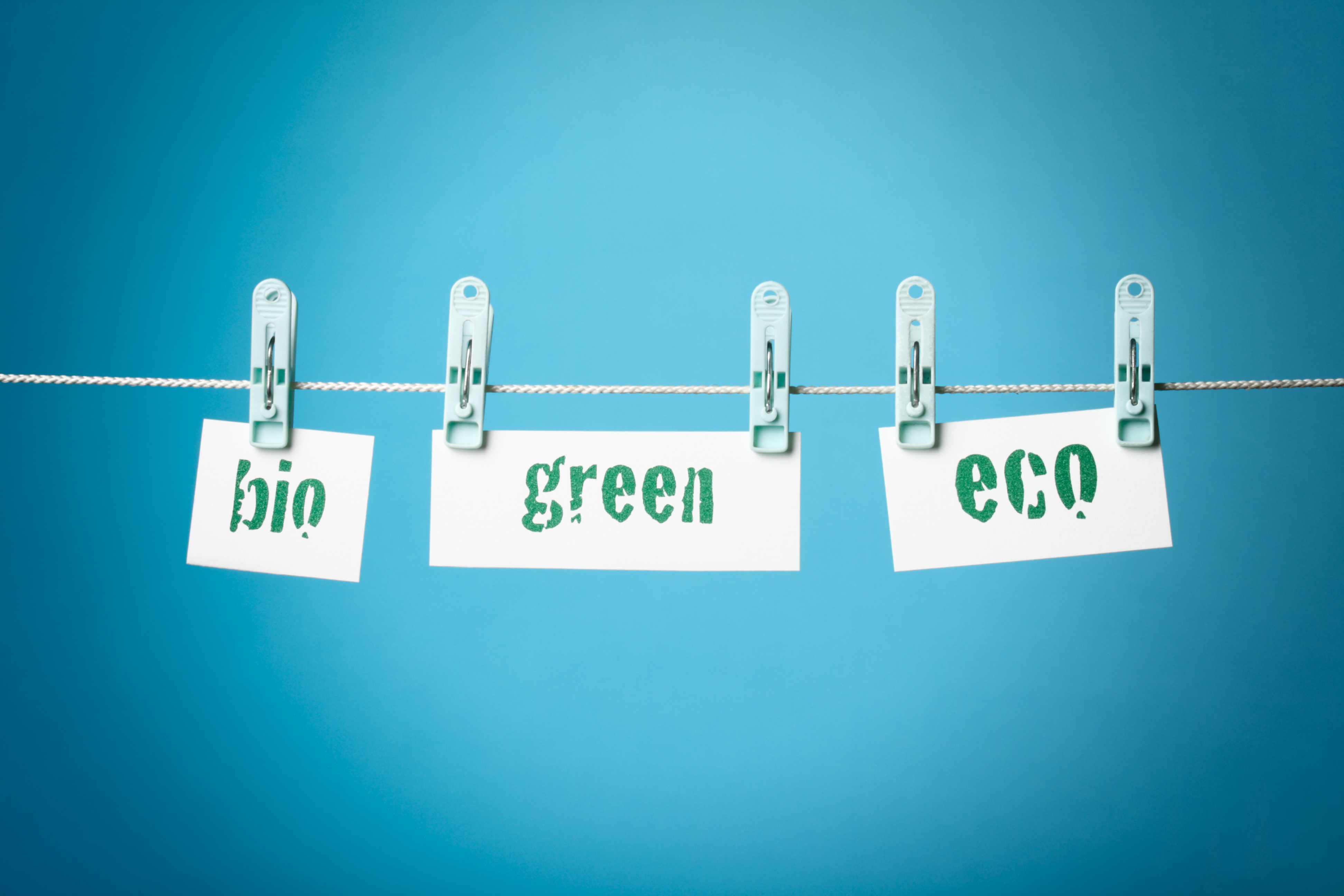What is Greenwashing?
One of the beautiful things about languages is that they’re constantly in flux. New words are being added to the Oxford English Dictionary on a yearly basis, which means they’re being created and popularized even more frequently. On the flip side, this can make it difficult to keep up with modern jargon, especially words related to science and math-focused industries (unless you’re in these fields yourself).
If you follow sustainability news as closely as we do, you may see the word “greenwashing” thrown around more and more often these days. Don’t get stuck scratching your head! We’re here to tell you just what this buzzword means exactly and why you should even care about its definition…
Greenwashing is when a company or organization spends more time and money claiming to be “green” through advertising and marketing than actually implementing business practices that minimize environmental impact. The term is inspired by “whitewashing,” which is the glossing over or covering up of scandalous information through a biased presentation of facts. So, imagine the act of whitewashing, just with an eco-friendly brush and some green paint.
As sustainability becomes an increasingly more important issue in today’s society, companies are capitalizing on the opportunity to claim they are green. Many businesses are only doing this to save face and make more money, which means they might just be straight up lying to us. That’s greenwashing. Unfortunately, it has become common to see so-called “green” companies making false claims. This is an issue for many reasons, including the fact that while some companies are lying about being green, those who actually do implement sustainable practices are also losing credibility. Plus, consumers are essentially getting swindled. The more informed you are on greenwashing, the easier you’ll be able to spot and avoid it. Here are some things to look out for…
Don’t fall for broad claims, fluffy language, and overly complex terms.
Words such as “green,” “eco-friendly,” and “natural” are actually quite vague. Be sure the company making these claims is actually certified to do so and not just slapping trendy adjectives on a label. You should also be wary of ingredients lists and product descriptions that are hard to understand. Truly “all-natural” products will be made of mostly recognizable ingredients.
Do your research.
If you’re truly trying to live a more sustainable life, it’s worth it to do some background research on the companies you’re thinking of doing business with. It’s not unheard of, for example, for a factory that produces energy-efficient light bulbs to also be polluting local rivers behind the scenes. A simple Google search of a company’s environmental practices should be enough to turn up what you need to know. If you can’t find enough information, that’s a pretty good clue a company is greenwashing.
Get proof.
Again, if a company is truly making changes that will positively affect the environment, they will have plenty of information to share with consumers about it. Companies should be making any earned certifications and other forms of third-party verification readily available. During your research process, the trick will be to find organizations that are creating measurable change. Transparent information on efforts to minimize waste, water and energy footprints should be easy to find. Some companies even regularly release sustainability reports. You don’t have to settle for less.
Think of it this way, you wouldn’t take a sign outside a random diner that says “world’s best coffee” seriously, and yet, you’ll still see a bunch of establishments brandishing similar messages when walking around a city. That’s exactly the point. There are so many companies out there now claiming to sell the “greenest” version of their products but that can’t possibly be true of all of them. Only one company can be the “best.” So, ignore all that flashing neon and find the facts. Companies making change will be so proud that they’ll happily provide specifics.





